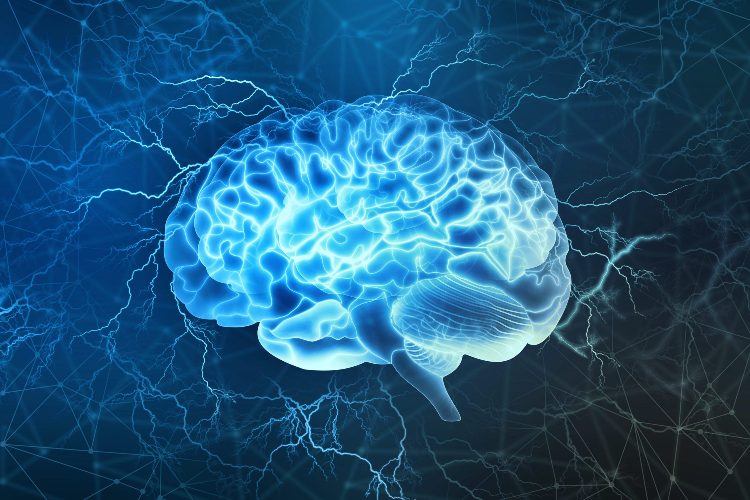The company is looking for people with paralysis to test its experimental device
The brain implant startup Elon Musk’s Neuralink said it has received approval from an independent review committee to begin “recruiting” patients for its first human trial. The company is looking for people with paralysis to test its experimental device in a six-year study.
Neuralink is one of several companies developing it a brain-computer interface (BCI) which can collect and analyze brain signals. But its billionaire chief executive’s “bombshell” promotion of the company, including promises to develop a complete brain computer to help humans keep pace with artificial intelligence, has sparked skepticism and raised ethical concerns among neuroscientists and other experts. writes the British Guardian.
Last year, the Food and Drug Administration rejected the company’s request to expedite human trials, but in May approved Neuralink for an investigational device exemption (IDE) that allows a device to be used for clinical studies. The agency did not disclose how its initial concerns were resolved.
Elon Musk’s Neuralink approved to recruit humans for brain-implant trials https://t.co/yow9vRPaOS
— Guardian Tech (@guardiantech) September 20, 2023
Neuralink says it is looking for patients with quadriplegia due to vertical spinal cord injury, or ALS. Participants will have a BCI surgically implanted using a proprietary robot in an area of the brain that controls movement, with the goal of being able to control a computer cursor or keyboard using only their thoughts. The study will evaluate the safety and functionality of the technology, according to a release.
The company’s announcement comes just months after it received regulatory approval for a trial. Its previous animal tests are under scrutiny after reports that the tests caused unnecessary suffering. Former employees described the tests as “hack jobs”, telling Reuters that in one case, the device was implanted in the wrong place in pigs, leading to their euthanasia.
The allegations have prompted several investigations, including one by the Department of Agriculture into animal abuse and the Department of Transportation into the mishandling of biohazardous materials across state lines.
The company did not immediately respond to questions about when and where the trial will be conducted or how many participants it will include. If her device proves safe for human use, it could be decades before it is approved for patients outside of the trial.




